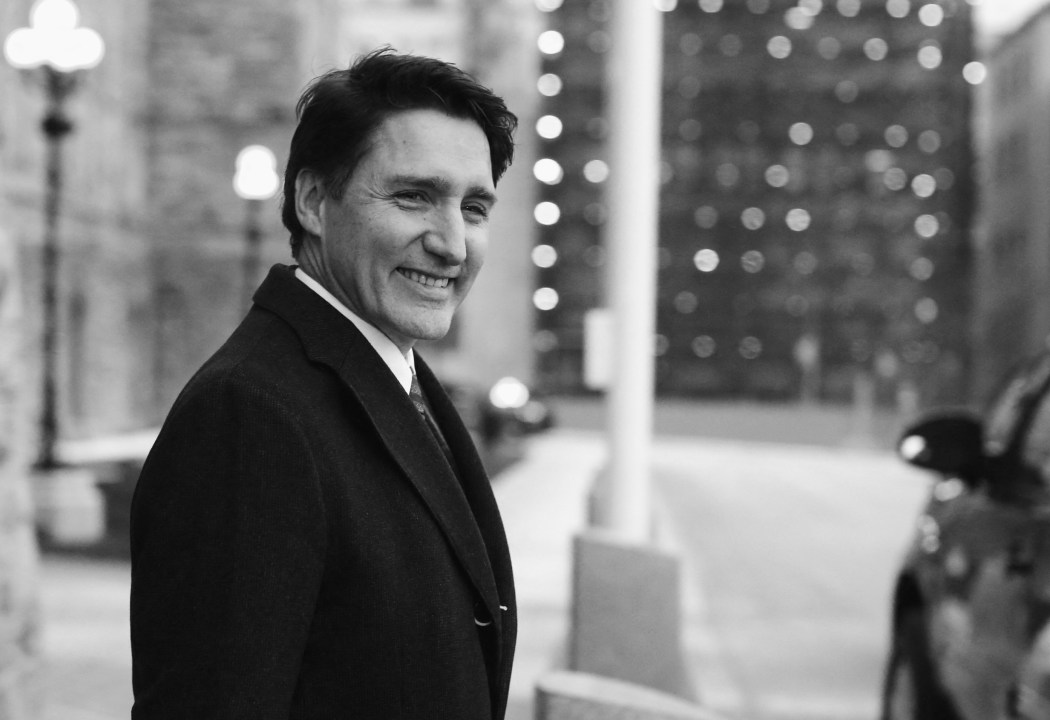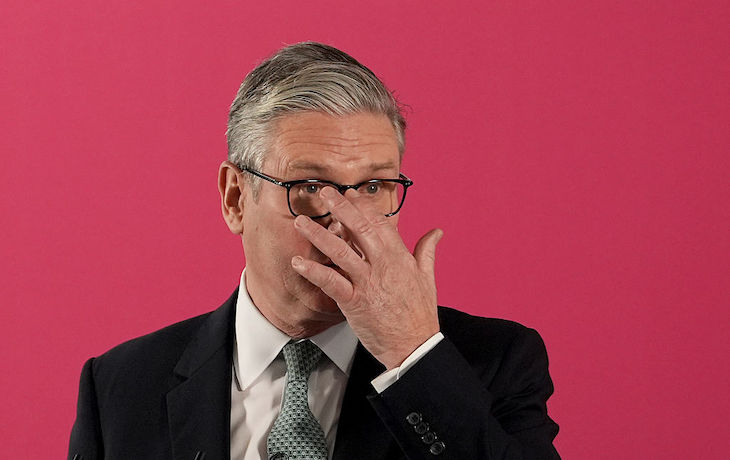The next 48 hours could well spell the end of Justin Trudeau. The Canadian Prime Minister – the last major western leader of the pre-Trump era – is reportedly considering resignation, ahead of a key national caucus meeting on Wednesday. Over Christmas, a growing chorus of Liberal MPs from across the country have been issuing calls for Trudeau to quit. The Globe and Mail newspaper quotes sources suggesting that he will make an announcement before the Wednesday meeting to avoid the appearance that he was forced out by Liberal opponents. Still, no one should be in any doubt: after almost ten years in office, Justin Trudeau’s luck may have finally run out.
With an election due by October at the latest, Canadian Liberals are looking nervously at the polls. Since his last triumph in 2021, Trudeau has suffered both a severe slump in his ratings and a string of by-election defeats last year. The final poll of 2024 put the Liberals in third, on just 16 per cent of the vote – some 24 points behind the Conservatives. Public disaffection has, inevitably, been followed by discontent in parliament.
Just before Christmas, on 16 December, Chrystia Freeland stunned Ottawa by resigning as finance minister – that day she was supposed to deliver her economic and fiscal update. In a wounding resignation letter, she accused Trudeau of ‘political gimmicks’ rather than focusing on what was best for the country. Donald Trump has meanwhile spent the last few weeks goading his longtime Canadian rival. The incoming US president has suggested he will impose 25 per cent tariffs on Canada – and even threatened to make it the 51st state.
If Trudeau chooses to go before the Wednesday meeting, the coming weeks in Ottawa could play out in several ways. The first decision would be whether to appoint an interim leader. Names suggested include Freeland’s successor Dominic LeBlanc or Mark Carney, the former governor of the Bank of England. The Liberal party executive would have to call a meeting within 27 days to establish rules and infrastructure for a leadership contest, with a contest likely to take around three months. But party management may well be overtaken by events in parliament.
Next week, the Conservatives plan to introduce a non-confidence motion at the public accounts committee, and that could be up for a vote in the House of Commons as soon as 30 January. Regardless of whether Trudeau resigns as Liberal leader, the government could seek prorogation to end all House of Commons business – as Stephen Harper did in 2008. This would be to avoid the humiliation of a defeat in a confidence motion.
In short, Trudeau and his party have extremely limited room for manoeuvre. A lengthy contest would eat into the remaining nine months left in this parliament. Watching all this with glee are the Canadian Conservatives, who accuse Trudeau of ‘desperately clinging to power.’ Under leader Pierre Poilievre, the party have led in the polls for 18 months and are now increasingly confident of victory. They marked the new year with a hard-hitting ‘Wackos’ advert on YouTube, taking aim at Trudeau and members of his cabinet for their ‘wacko’ policies on social, economic and political issues. The message was clear: the Liberal rot runs much deeper than Trudeau.
Regardless of whether he stays or goes, if the election is in the spring or the fall, Pierre Poilievre looks certain to lead the Conservatives back into office for the first time in a decade. For Canadians weary of ten years of Trudeau, new leadership is now inevitable.









Comments